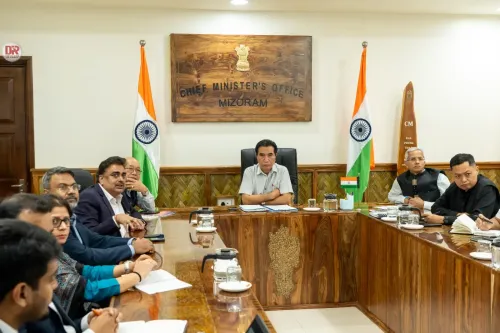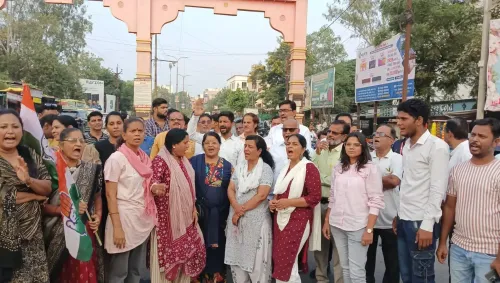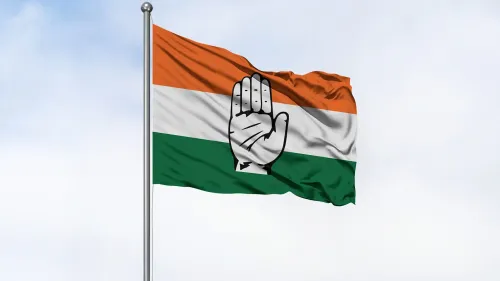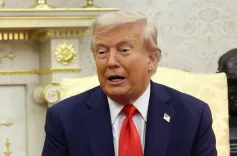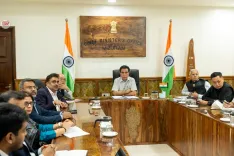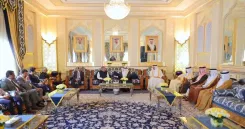Is the New Normal Defined by Chinese Bullying and Aggression?
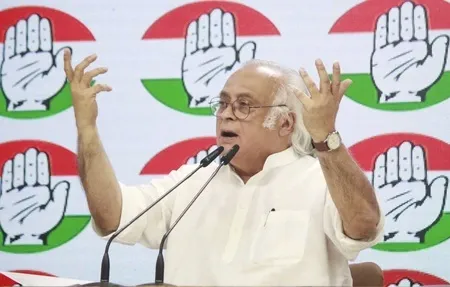
Synopsis
Key Takeaways
- Concerns over Chinese aggression are central to the Congress party's critique.
- The Modi government is accused of a softened approach towards China.
- PM Modi's meeting with Xi Jinping raises questions about national security implications.
- Congress emphasizes the need for a strong response to Chinese territorial incursions.
- There is significant alarm regarding the Chinese hydropower project on the Yarlung Tsangpo.
New Delhi, Aug 31 (NationPress) During a meeting in Tianjin on Sunday, Prime Minister Narendra Modi engaged with Chinese President Xi Jinping, prompting the Congress party to criticize the government for its perceived 'softened stance' towards China. They questioned if the new norm in India's security strategy would be overshadowed by Chinese aggression and bullying, along with the government’s apparent lack of backbone.
Further accusations from Congress indicated that the Modi administration is leaning towards reconciliation with China, raising concerns about whether this suggests a de facto acceptance of their territorial incursions.
The Congress party's critique was particularly pointed in the context of the bilateral meeting, where PM Modi and Xi pledged to foster stable relationships for shared economic growth and enhance people-to-people interactions.
Congress General Secretary Jairam Ramesh articulated his concerns, emphasizing that Modi's discussions with Xi should be viewed against the backdrop of the sacrifices made by 20 Indian soldiers during the June 2020 conflict in the Galwan Valley.
“Instead of recognizing Chinese aggression, on June 19, 2020, PM Modi offered an infamous clean chit to China,” Ramesh posted on X, sharing a vintage video of PM Modi.
Congress’s communications representative further stated, “The Army Chief has called for a complete restoration of status quo on the border with China in Ladakh. Despite failing to achieve this, the Modi Government has proceeded with reconciliation, thereby implicitly legitimizing their territorial encroachment.”
He highlighted statements from Deputy Chief of Army Staff Lt. Gen Rahul Singh regarding Operation Sindoor, asserting that PM Modi is rewarding China with state visits despite its dubious alliances during military operations.
“On July 4, 2025, Lt. Gen Rahul Singh spoke candidly about China’s collaboration with Pakistan during Operation Sindoor. Rather than counter this unholy alliance, the Modi Government has accepted it as a done deal and is now granting China state visits,” Ramesh articulated on X.
Jairam Ramesh also criticized the unchecked influx of Chinese goods into the Indian market, which he believes is detrimental to MSMEs, while the government remains indifferent despite the detrimental impact.
He raised alarms about the government's silence regarding the Chinese hydropower project on the Yarlung Tsangpo, stating, “China has initiated a massive hydropower project on the Yarlung Tsangpo, which poses serious risks for our Northeast. The Modi Government has not uttered a word regarding this critical issue,” he asserted.


